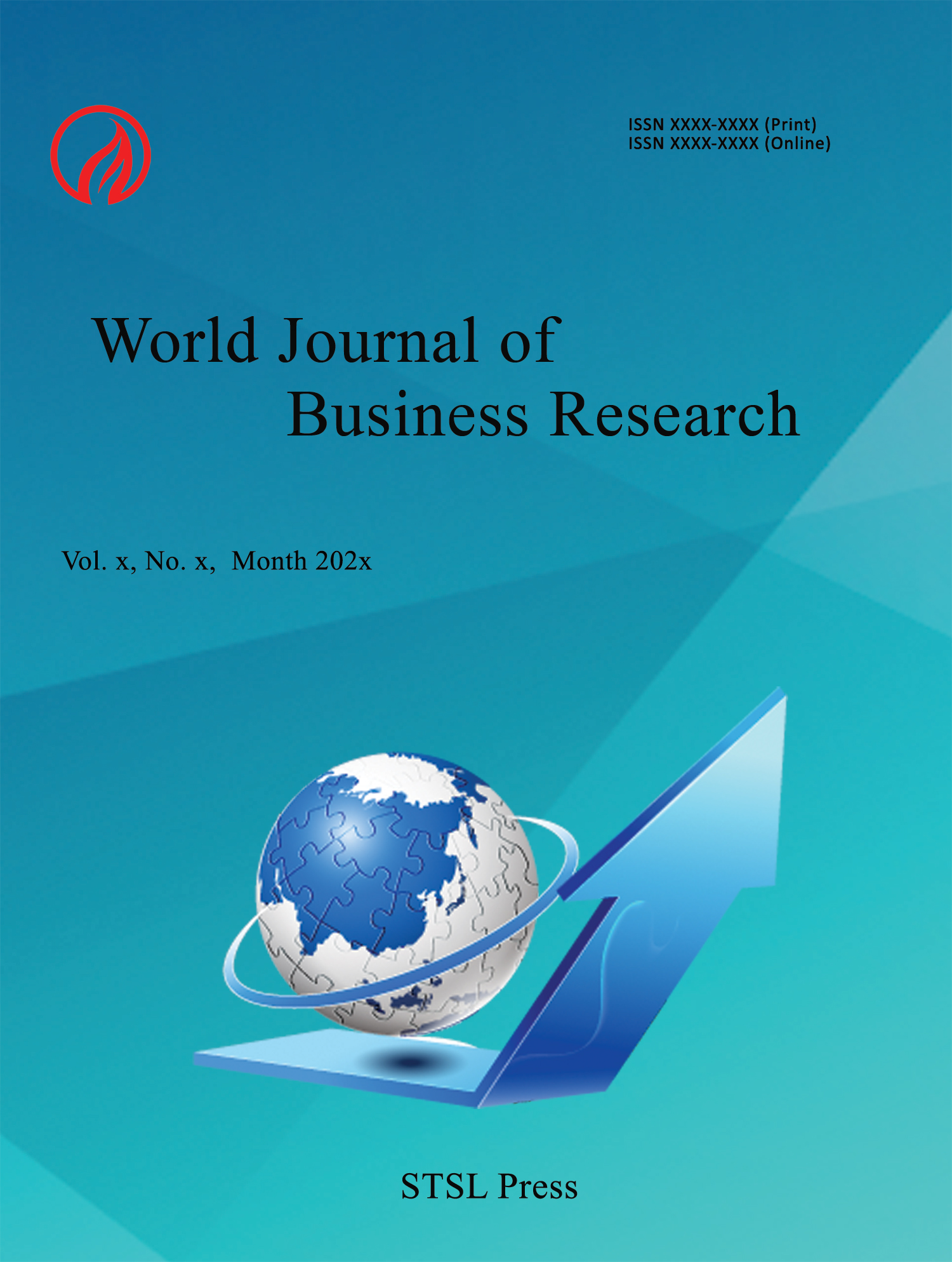Methodological Issues of Quality of Life Assessment
Satyendra Nath Chakrabartty
Abstract
Quality of Life Scales (QOLS) differ in dimensions, number and format of items, score ranges. Different QOLS in same sample gave different conclusions. Thus, QOLS’s are not comparable.
The paper aims at reviewing methodological issues of QOLS and suggesting transformations as remedial actions to limitations of scoring of QOLS and address psychometric properties of transformed scores. The proposed approach converts ordinal item score to equidistant score (E) using different weights to response-categories of different items followed by standardizing to Z-scores and converting Z-scores to Y-scores in [1, 100]. Scale score is taken as sum of item-wise Y-scores following Normal distribution. Methods described to obtain reliability as per theoretical definition, validity using eigenvalues, discriminating values of items and scale and equivalent scores of QOLS. The paper involves no collection of data using a specified QOLS. The proposed scores offer meaningful arithmetic aggregations, meaningful comparison, ranking and classification of individuals, assessment of progress/deterioration and conducting statistical tests either for longitudinal or snap-shot data. Such scores help to find reliability as per definition, validity avoiding criterion scale, discriminating value. Normality facilitates estimation of population parameters and finding equivalent score combinations to integrate two QOLS.
Proposed score facilitating analysis in parametric set up satisfying desired properties and computing psychometric concepts has theoretical advantages and wide applicability including meaningfulness of operations, better comparison. Use of such method of transforming QOLS scores contributes to the existing methods.
Paper:
pdf
DOI:
 This work is licensed under a
Creative Commons Attribution 4.0 License.
This work is licensed under a
Creative Commons Attribution 4.0 License.
Contact us
- Colin Garcia
- wjbr@stslpress.org
